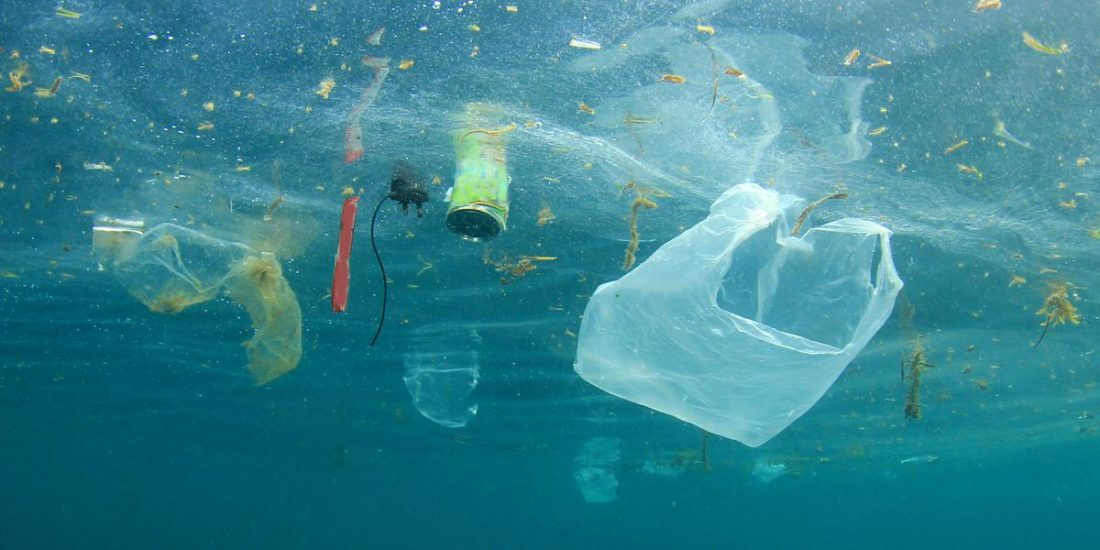The production of plastic has increased dramatically in the last century and is nowadays recognized as a major threat to the marine environment. Most plastic waste enters the ocean from the mainland, due to poor waste management, tourism and recreational activities. Plastic waste enters the circulation of the large sea currents and over time accumulates in their centers, the so-called “vortices” of waste. Plastic waste floating in the seas has a negative impact on seabirds, fish and mammals. Some animals become entangled in fishing nets and plastic bags, while others mistake plastic pieces for food, which in most cases causes serious consequences for their health and even death. In order to prevent further pollution of the ocean, it is necessary to reduce the use of disposable plastic products, increase people’s awareness and improve waste management in all countries of the world, including Bosnia and Herzegovina.

The MAP (Mediterranean Action Plan) Office for BiH in cooperation with the Hydro-Engineering Institute Sarajevo (HEIS) is implementing the project “Promotion of Marine Waste Management and Best Practices in the Adriatic Sea“, which is supported through the UNEP program (United Nations Environment Program), in the context of support to the implementation of the Barcelona Convention.
The aim of the project is to improve state of the marine environment and reduce its pollution caused by waste, with a focus on plastic bags and PET bottles.
On 6 February 2019 a workshop was held in Sarajevo, at Hotel Bosnia. The workshop was held with the aim of presenting the project, its implemented and planned activities as well as examples of good practice in this field of expertise.
The workshop was attended by representatives of ministries from state, entity and cantonal levels of government, representatives of environmental funds from FBiH and RS, waste collection operators from FBiH and RS, NGOs, KJKP RAD, representatives of SCP / RAC and MEDPOL and representatives of the Hydro-Engineering Institute and MAP office in B&H.
The workshop was an opportunity to exchange experiences and give suggestions and recommendations for improvement in order to protect the marine environment.